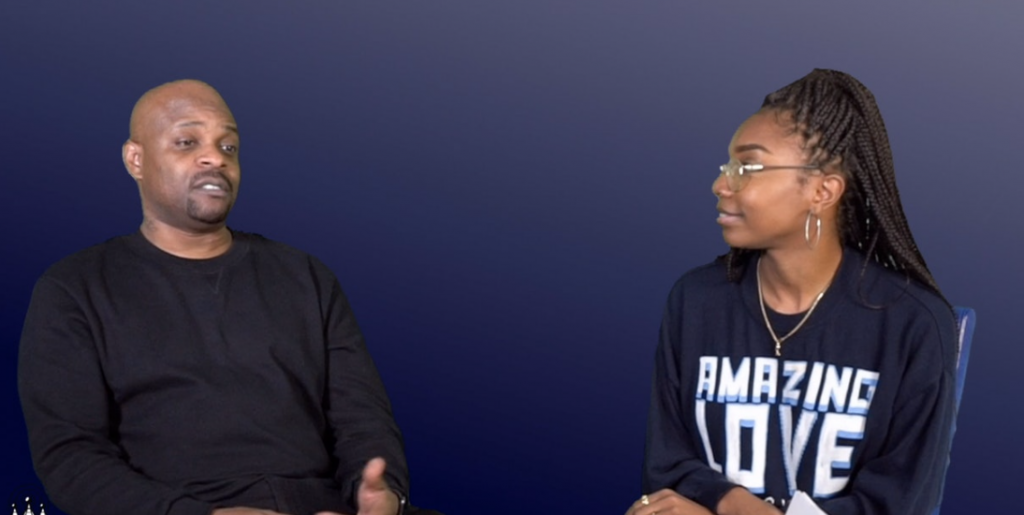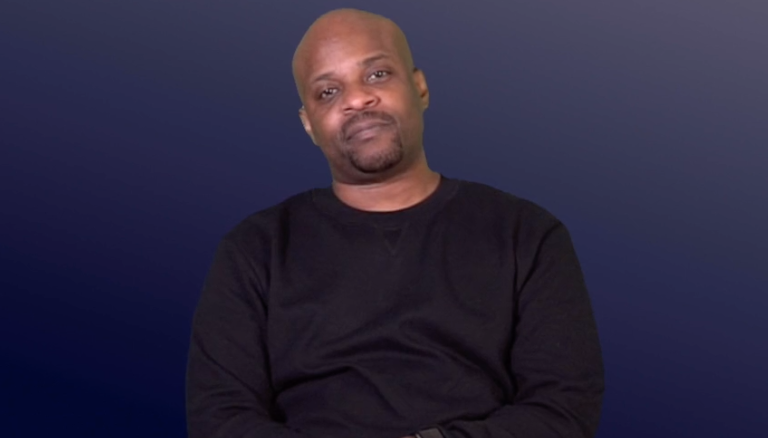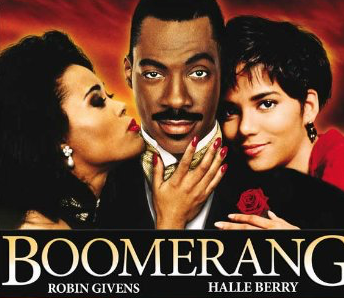Ahead of the highly-anticipated 90’s Kickback Concert with Next, Montell Jordan, Donnell Jones, 702, Sisqo and Case, the “Missing You” singer sat down with Baller Alert to talk his past, present and future in the industry after more than two decades in the business.
It all started back in 1992.
Case kicked off his career co-writing and singing background for the likes of Usher, Al. B Sure and more, but it was a song written by Faith Evans that led to his discovery by Russell Simmons, and the rest was music history.
From there, Case was signed to Def Jam and went on to release his hit single, “Touch Me, Tease Me” featuring Foxy Brown and Vernell Foster, which was then featured on ‘The Nutty Professor” soundtrack. The song gained widespread recognition, as it peaked at No. 4 on the R&B Songs chart and No. 14 on the U.S. Billboard Hot 100.
The song, which featured writing credit from superstar Mary J. Blige, ultimately helped push his self-titled debut album.
“[Blige] is in the video and she wrote the song, she was one of the writers of the song,” Case said of the hit. “Her and my manager at the time, Misa Hylton, was like best friends. So she hooked that up. Misa’s also the one that hooked up-get Faith to write the song too,” he added of the song record that got him signed.
Not only did the album catapult Case into mainstream success, but it’s early production also spawned short-term affair with Blige, who at the time, was dating K-Ci of Jodeci.
“We never got a chance to talk about what was going on,” Case said of his misunderstanding with K-Ci. “We have now, but at that time, we hadn’t had a chance to talk about what was going on. It wasn’t beef. Cause when it’s beef somebody gets hurt. I wouldn’t call it beef, it was a misunderstanding. We never got to talk – me and him.”
But, when the two were outted by Wendy Williams prior to the album’s release, the affair came to an end, and Blige, who was originally featured on ‘Touch Me, Tease Me,” and Case’s song, “More to Love,” vocals were replaced by Foster’s.
Despite the drama, Case’s career kicked off into high gear with the release of his 1999 album, “Personal Conversation,” with hits like “Happily Ever After,” which featured Beyoncé as Case’s love interest in the video. Then after that, he released his third album in 2001, “Open Letter,” which featured his hit song, “Missing You.”
With three albums in and almost 10 years in the game, Case had solidified himself as an R&B Soul singer, who donned the look of a rapper. And although his early work featured more hip-hop-ish songs, Case stayed true to what he felt and sang from the heart.
“I had to do what I feel,” Case said. “I don’t think you should make music based on what you think is gonna sell or what people are gonna like. It has to be what you feel. And if people happen to feel the same thing that you feel, then you’ll be successful. If they don’t you won’t. But, it should always be based on your feelings and it should be honest. And that’s why, no matter what, I made what I felt inside of me. To this day actually.”
“It’s not even necessarily about romance, it’s just that I like slow music. I could be singing slow music about anything and I like it, it’s just- because when it’s slowed down you could hear all the instruments. It’s more of a feel and a vibe for me.”
However, after the success of his third album, “Open Letter,” Case took a break from the industry over disagreements over his song, “Not Your Friend,” as well as differences about his fourth studio album, “The Rose Experience,” which ultimately made him fall out of love with music, in general.
“I got to a point where the business part of the music business made me fall out of love with making music, out of love with music period, really,” Case said. “And I just got to a point where I was like, ‘I’m not gonna make music no more like I’m tired of dealing with the politics and the bullshit.”
“I think that lasted for about four, four-and-a-half years, something like that, maybe five,” he said. “Then what happened was, in May of 2009, my grandmother died, and she was real instrumental in me even getting into music in the first place, like from the time I was a little kid. Had me singing and doing concerts and studying music. Then the next month, Michael Jackson died, who was one of my biggest inspirations. That made me start going back and listening to old music, and it kinda took me back to what made me love it in the first place.”
But now, he’s back, doing what he loves.
However, things are much different than they were over two decades ago. In fact, according to Case, there isn’t even an industry anymore.
“I don’t think there is a music industry anymore; it’s just people putting out music. It’s really no structure to it. It’s like the wild west,” Case said. “Which is why, in my opinion, I think a lot of time I think the music has suffered. There’s no gate keepers. There’s no artist development. There’s no quality control. Anybody could just make whatever and put it out, so I don’t really consider it a music industry anymore. Producers don’t produce. Nobody plays instruments. If you can’t sing, they got autotune.”
As the interview continued, Case offered advice to up and coming artists and opened up about his favorite R&B singers, which included, Ty Dolla $ign, who he said reminded him of himself. He also shared his favorite and most hated Case song, which was “A Song For Sky” and “Missing You,” respectively.
From there, Case dished on the “King of R&B,” in which he said, “I don’t think there’s no king of any genre of music, there never will be. There never has been,” adding that music is too subjective. “It’s just something to talk about.”
Watch the full interview below:




